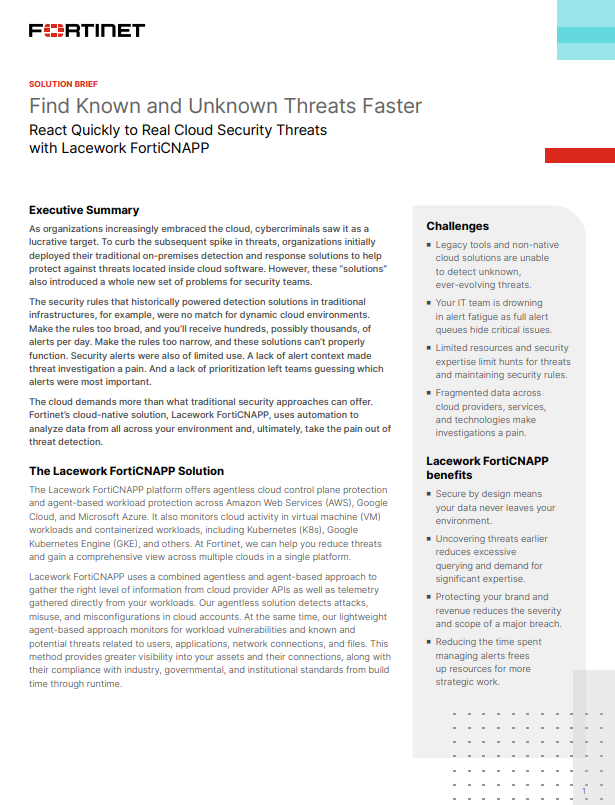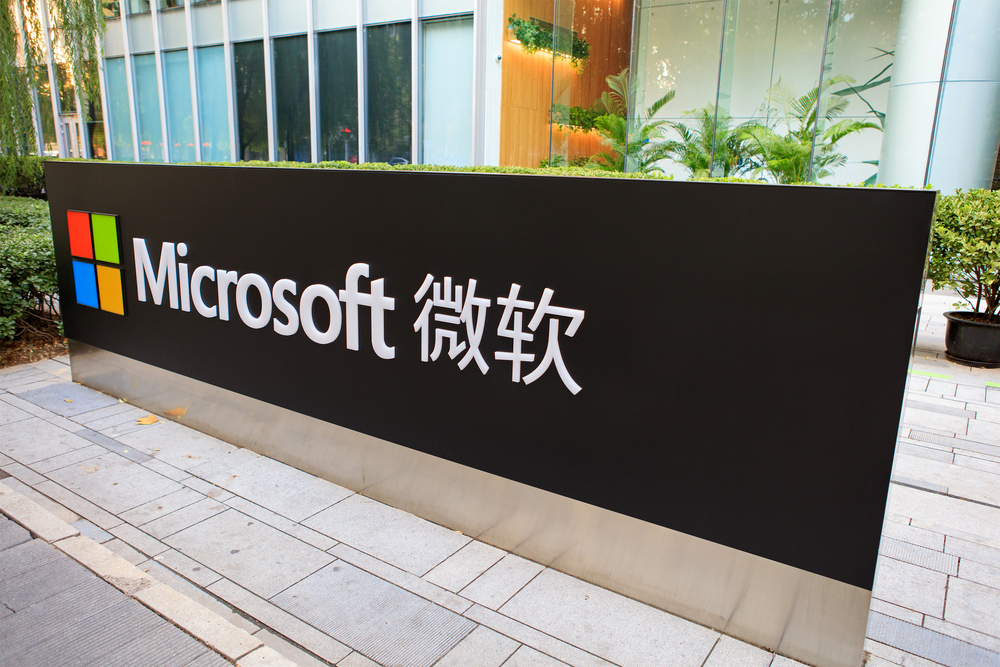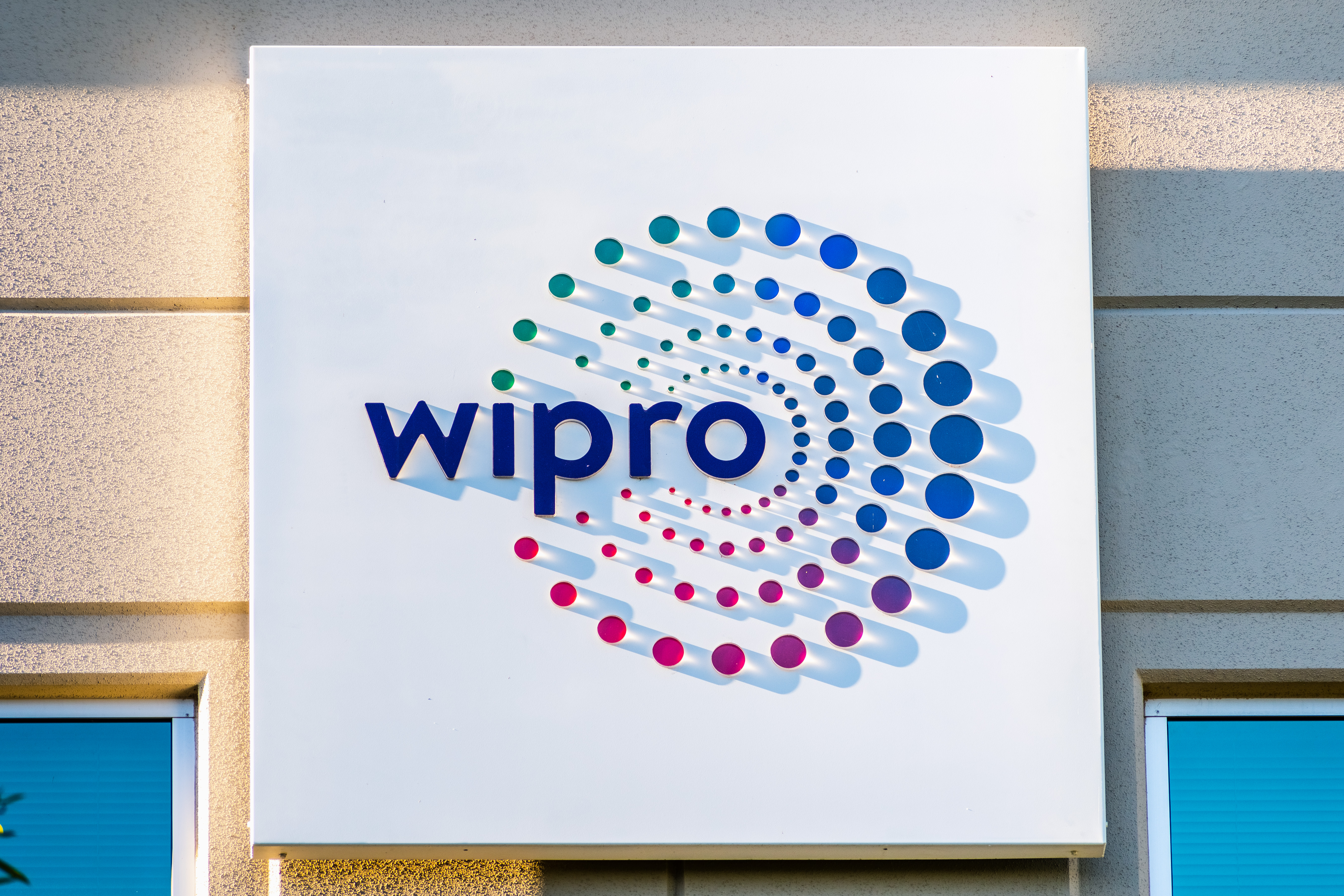Software salaries in Singapore surge 22% amid wave of venture capital investment
A combination of limited local talent and fresh startup funding are inflating the average salary for DevOps and mobile engineering roles


A surge in venture capital investment across Singapore has seen the average salary for software engineering roles increase by 22% since the start of 2021, a new report has found.
The war for tech talent has driven salaries to an all-time high, according to a report from NodeFlair and Quest Ventures, published earlier this month. It analysed over 30,000 salary data points and shared a detailed breakdown of how tech talents are paid in the state.
It found that the massive demand for talent is fuelled by the wave of venture capital into tech startups in the region and global tech companies establishing themselves in Singapore, on top of a limited tech talent supply.
The salaries for software engineers increased the most by 22%, while it increased as much as 32% for more experienced roles like lead software engineers.
However, this is still some way off what engineers in other countries can currently earn. For example, the average salary for a software engineer in Singapore is $60,000 (£33,076) a year, according to Glassdoor, compared to $148,247 (£110,696) per year in San Francisco, and £53,392 in London.
The report highlights that US companies AWS, Meta, Apple, and Google also offer some of the highest salaries across the region, around 39% to 56.5% higher than the market’s median. There are also companies that pay 25% over the median, such as ByteDance, JPMorgan, and food delivery app foodpanda.
The report predicts that in 2022, the talent war for experienced hires will intensify further, largely due to Singapore’s bullish funding scene and the competition from foreign tech firms. It added companies with deep pockets tend to prioritise senior hires, as they are more operationally ready and take less time to onboard and contribute.
Get the ITPro daily newsletter
Sign up today and you will receive a free copy of our Future Focus 2025 report - the leading guidance on AI, cybersecurity and other IT challenges as per 700+ senior executives
According to Julius Uy, CTO of Kydon Group & ZilLearn, a digital education company quoted in the report, companies based in Singapore should invest in web development, backend software development, and DevOps, as the state is considered a “satellite office”.
“We don’t work on core products from Silicon Valley and Chinese companies. Instead, we work in support functions (ex. Enterprise Engineering) or localised products (ex. Google Pay),” he said. “As long as the money is from Silicon Valley and China, we should expect these to be evergreen competencies.
"That said, this is also unsustainable. Singapore continues to flourish [as] worker ants but not entrepreneurs. We will eventually be overshadowed by Indonesia, Vietnam and India if this keeps on for another few decades.”
The head of the country’s central bank, managing director Ravi Menon, warned in May last year that Singapore needed to continue to depend on foreign workers to fill roles in its tech sector over the next few years. He added that if the inflow of foreign labour is tightened excessively, it could dampen the prospects for creating good jobs in the future.
Last week, Singapore’s budget revealed that employers who hire foreign workers will have to pay out higher minimum salaries, according to The Straits Times. The minimum qualifying salary for immigrants, currently set at $4,500, will be raised to $5,000.
Zach Marzouk is a former ITPro, CloudPro, and ChannelPro staff writer, covering topics like security, privacy, worker rights, and startups, primarily in the Asia Pacific and the US regions. Zach joined ITPro in 2017 where he was introduced to the world of B2B technology as a junior staff writer, before he returned to Argentina in 2018, working in communications and as a copywriter. In 2021, he made his way back to ITPro as a staff writer during the pandemic, before joining the world of freelance in 2022.
-
 Neural interfaces promise to make all tech accessible – it’s not that simple
Neural interfaces promise to make all tech accessible – it’s not that simpleColumn Better consideration of ethics and practical implementation are needed if disabled people are to benefit from neural interfaces
By John Loeppky
-
 Solution Brief: Find Known and Unknown Threats Faster
Solution Brief: Find Known and Unknown Threats FasterDownload Now
By ITPro
-
 Boomi snaps up former MuleSoft executive as APJ channel lead
Boomi snaps up former MuleSoft executive as APJ channel leadNews Global software veteran Jim Fisher will work to expand the company’s channel operations across the region
By Daniel Todd
-
 Why Microsoft Teams has only just launched in China
Why Microsoft Teams has only just launched in ChinaNews The tech giant has officially launched Teams via its local partner in China, after it was launched globally in 2017
By Zach Marzouk
-
 UK startup's Equinix deal marks step towards broad quantum computing access
UK startup's Equinix deal marks step towards broad quantum computing accessNews Businesses around the world will be able to use its quantum computing as a service platform through Equinix
By Zach Marzouk
-
 MI5 to establish new security agency to counter Chinese hacking, espionage
MI5 to establish new security agency to counter Chinese hacking, espionageNews The new organisation has been compared to GCHQ’s NCSC, and will provide companies advice on how to deal with Chinese companies or carry out business in China
By Zach Marzouk
-
 UK set to appoint second-ever tech envoy to Indo-Pacific region
UK set to appoint second-ever tech envoy to Indo-Pacific regionNews The role will focus on India after Joe White was made the first technology envoy, a role focused on the US, in 2020
By Zach Marzouk
-
 Wipro faces criticism after cutting graduate salaries by nearly 50%
Wipro faces criticism after cutting graduate salaries by nearly 50%News Graduates were given days to decide whether they would accept greatly reduced pay offers, prompting union action
By Rory Bathgate
-
 Freshworks appoints Sandie Overtveld as new SVP of APJ and MEA
Freshworks appoints Sandie Overtveld as new SVP of APJ and MEANews The digital transformation veteran brings years of regional expertise to lead Freshworks’ growth strategy
By Daniel Todd
-
 Suncorp signs three-year Azure deal to complete multi-cloud migration by 2024
Suncorp signs three-year Azure deal to complete multi-cloud migration by 2024News The financial services firm seeks to wind down its on-prem data centres and wants 90% of its workloads in the cloud by the end of the year
By Zach Marzouk